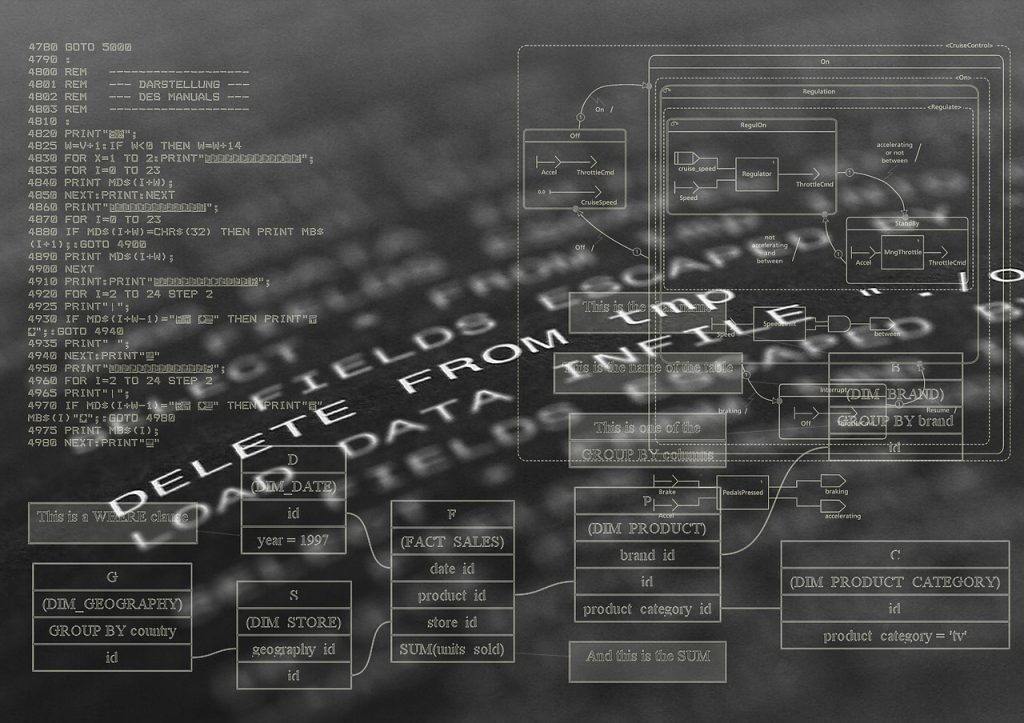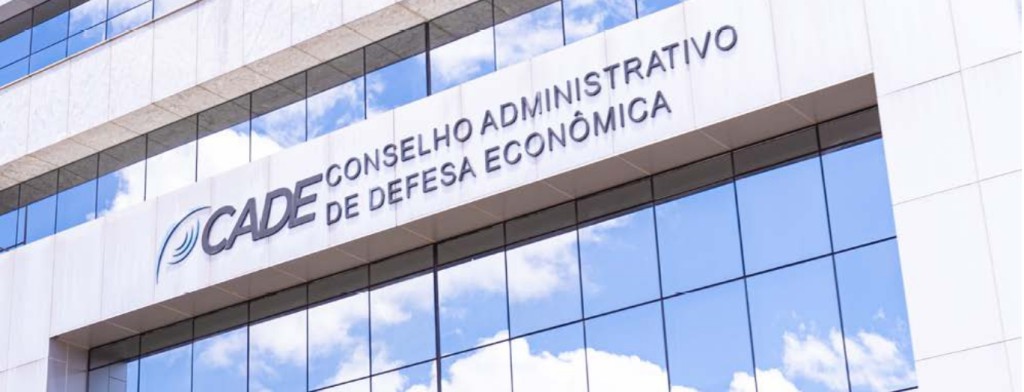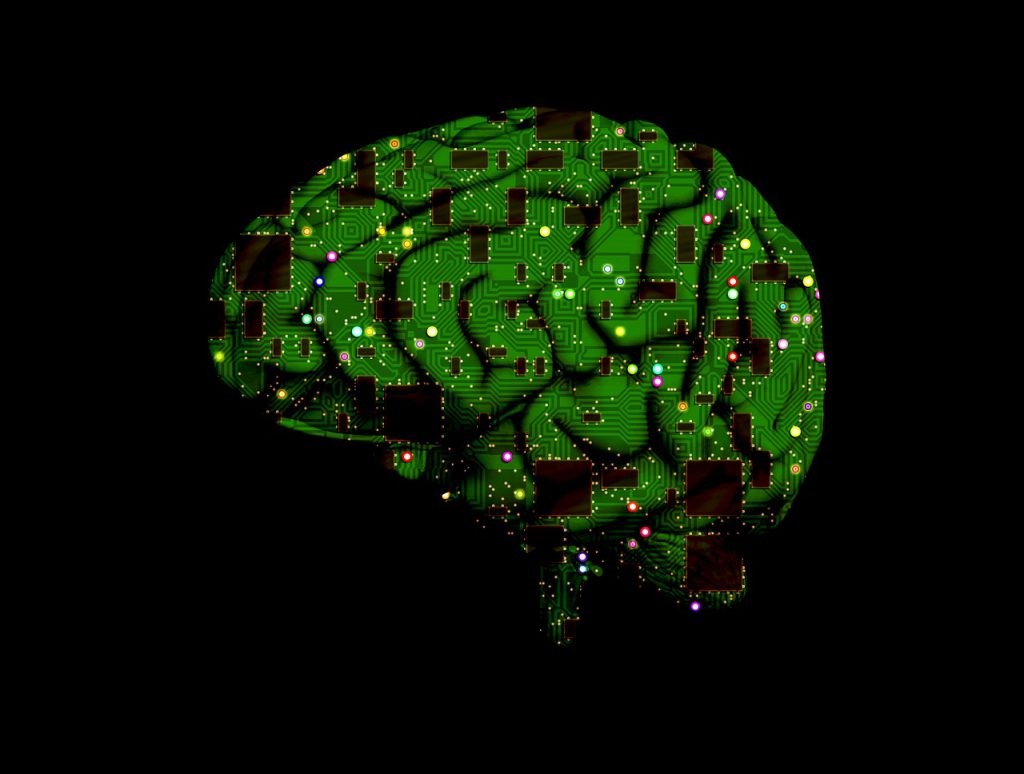
CADE approves partnership between Disney and Epic Games
*This is an AI-powered machine translation of the original text in Portuguese.
**The image used in this article was created by a generative artificial intelligence.
*** Originally published in Conjur.
The Administrative Council for Economic Defense ('Cade') recently published its Opinion approving the Concentration Act[1] related to the Operation between Epic Games ('Epic') and The Walt Disney Company Group ('TWDC Group' or simply 'Disney'), valued at US$1.5 billion.
The operation in question involves the purchase of a minority interest in the share capital of Epic Games, Inc. by Accelerator Investment, LLC, which is part of the TWDC Group. The main objective of this acquisition is to foster collaboration between Epic Games and Disney Interactive, the latter also belonging to the TWDC Group, with a view to developing an innovative gaming universe called the 'Disney Ecosystem'. Both Disney Group and Epic Group[2] generated revenues above the mandatory notification thresholds set by Article 88 of Law No. 12,529/2011,[3] which is why the transaction was notified to Cade at the beginning of March, following the summary procedure. On March 21, the General Superintendence of Cade issued a favorable Opinion[4] for the approval of the Operation, without imposing restrictions, leading to the publication of a Dispatch[5] confirming this decision.
According to official information made available at the beginning of February on the TWDC website,[6] the partnership between Disney and Epic Games will allow the creation of a universe through which users can "play, watch, buy, and interact with Disney, Pixar, Marvel, Star Wars, Avatar, and other content, characters, and stories. Players, gamers, and fans will be able to create their own stories and experiences, express their enthusiasm in a Disney-like manner, and share content with each other the way they love" (our translation).[7] This collaboration will be made possible through the Unreal Engine, a software developed by the Epic Group.
In Brazil, the TWDC Group has activities related to i) the distribution of cinematographic audiovisual works, ii) the programming of pay-TV channels (Conditional Access Service), iii) the operation of video-on-demand platforms (VOD) through its Disney+ and Star+ services, and iv) the licensing of intellectual property, such as films and characters, for the production and commercialization of consumer goods by third parties. The Group also operates in the video game industry through the development and publication of its own game catalog and by licensing Intellectual Property rights for the publication of electronic games (e.g., Star Wars) by third-party companies.
The Epic Group stands out in the digital entertainment sector, mainly in the development of software for electronic games and the operation of online marketplaces for digital assets. Epic Games, part of the group, is responsible for successes such as Fall Guys, Rocket League, and Fortnite. Additionally, the group invests in the development of other software, such as Postparty and Reality Scan, which assist in content creation for games and other fields such as architecture and animation. The Unreal Engine, also owned by Epic, is one of its most versatile tools and is used in various industries to create realistic simulations and 3D digital content. The group also manages sales platforms such as the Unreal Engine Marketplace and the Epic Games Store, expanding its reach in the digital market by offering games and digital assets.
When analyzing the sectors in which both the Epic Group and the TWDC Group operate, the SG identified that the acquisition results in horizontal overlaps in the markets of i) development and publication of video games; and ii) licensing of Intellectual Property for use in consumer goods. According to Article 8 of Resolution Cade 33/2022, the summary procedure is applied in cases where, in horizontal overlap, the market share does not exceed 20% (item III).
In the context of its analysis, the SG chooses to group, in a single relevant market (under product dimension), the activities of game development and publication, since the parties themselves publish the games they develop, and "neither of them offers game development services to third parties in the ordinary course of their business." (Opinion, §23). In this sense, the video game publishing market was considered under scenarios segmented according to the devices on which they would be played. In geographic terms, the market was considered under global and national scenarios.
When analyzing the combined market share of the Applicants in the video game publishing market, based on data provided by the parties themselves, the General Superintendence identified that, in all scenarios analyzed, the participation does not exceed the 20% mark – thus presuming the absence of a dominant position and the possibility of exercising market power. The SG also conducts the same investigation using the information gathered during the analysis of the Concentration Act regarding the acquisition, also relevant to the video game industry, of Activision Blizzard by Microsoft.[8] Under any of the scenarios analyzed, the combined participation of the applicants is below 20%.
The market for licensing Intellectual Property for consumer goods was characterized as one in which brands and images of certain entities are licensed for use by third parties in consumer products. Reaffirming its precedents, Cade defined the relevant market as "the one in which rights for the use, by third parties, of brands and images for economic exploitation in products, services, or promotional or advertising communication pieces are negotiated", in a geographical dimension of national scope. The Epic Group operates in this market in upstream (holder of licensed Intellectual Property rights to third parties) and downstream (uses licensed intellectual assets in game creation) activities. Even before the notified Operation, the Disney Group already licensed intellectual assets for use by Epic Games. After evaluation, it is concluded that the joint participation of the parties in the market does not exceed the 20% mark.
The General Superintendence of Cade also identifies that the Operation raises vertical integrations involving the markets of i) development and publication of PC video games by the Disney Group (upstream), and digital distribution of PC video games by Epic (downstream); ii) licensing of Intellectual Property for use in consumer goods by both Groups (upstream), and development and publication of video games, also by both Groups (downstream); iii) software licensing by Epic (upstream), and production of audiovisual content, theme parks, and development and publication of video games by the TWDC Group (downstream); and, finally, iv) development and publication of video games and online advertising. According to Article 8 of Resolution Cade 33/2022, the summary procedure is applied in cases where, in vertical integration, the market share does not exceed 30% (item IV).
Regarding the markets of game development and publication (upstream) and digital distribution of video games (downstream), the SG points out the possibility of segmenting them based on the media (physical or digital) through which the corresponding product is distributed, as well as the type of platform on which the distribution occurs. In the case under analysis, only digital game distribution was considered, under scenarios of broad distribution for all platforms; exclusively for PCs; and exclusively for consoles. In geographic terms, the relevant market was analyzed under global and national scenarios. Based on data regarding the market shares of the Applicants post-Operation, the General Superintendence identified that the shares remain below the 30% mark.
Despite being listed in its Opinion, the SG did not analyze the vertical integrations that could be present in the market for licensing Intellectual Property for use in consumer goods (upstream), and development and publication of video games (downstream).
As for the software licensing market (upstream) and production of audiovisual content, theme parks, and video game publication (downstream), the Applicants informed that the Epic Group had previously granted licenses to the TWDC Group for the use of software, including the Unreal Engine, for the production of digital assets and content in its portfolio – including its use in game development, cinematic animations, and in creating attractions in Disney theme parks. The SG indicates that it has segmented the market into categories of application software, application development and deployment software, and systems infrastructure software, all of which are considered on a national scale. Regarding market share estimates provided by the Applicants, their definition (product) as VFX software licensing market – a category that encompasses software whose use can be applied across various industries and for creating various visual effects, including for audiovisual production and game development. This definition, according to the Applicants (a reasoning that was accepted in part by the SG), even though improperly restricted, demonstrates that Epic's participation is below the 30% mark.
Regarding software licensing in the audiovisual sector and in the theme park market, it was identified that the TWDC Group does not carry out activities in Brazil, so further analysis was not necessary.
Finally, the vertical integration between the Applicants' activities in the markets of game development and publication (upstream), and online advertising (downstream), was analyzed in the Opinion issued by the General Superintendence. Referring again to the operation between Microsoft and Activision Blizzard, the SG clarifies that although there is no 'classic' vertical integration between these segments due to the existing link between such products and services, it would be reasonable to assume that any increase in market concentration in the game publishing market would also have deleterious effects on competition in online advertising segments. The Applicants informed that the Epic Group does not engage in online advertising in Brazil. The Disney Group, on the other hand, operates in this segment both in Brazil and internationally. However, in estimating market share in online advertising, the SG identified that the TWDC Group's market share would be below 30%, indicating no competitive harm due to the consolidation of the Operation.
The SG also analyzes the potential portfolio effect resulting from the Operation. After requesting clarifications from the Applicants, the companies pointed out that their main activities do not have a common consumer audience, are not usually purchased or used together, and they do not offer complementary goods or services that could be marketed together. Furthermore, apart from highlighting once again the low market share they achieve in the analyzed segments, the Applicants indicate that there are a significant number of competitors offering alternative products to those offered by the Disney and Epic Groups, so there would be no capacity to leverage one market position over another through tied selling practices or bundling.
Therefore, considering that the market shares of the Parties, regarding vertical integrations, remain below the 30% mark; and their combined participation in horizontally overlapping markets is below 20%, the General Superintendence understands that the Operation does not result in market closure risks, nor does it cause harm to the competitive environment.
In light of this, the SG concludes by approving, without restrictions, the Operation.
Although the Concentration Act has already been approved by the General Superintendence, pursuant to Article 122 of Cade's Internal Regulations, with the publication of the Dispatch, a period of 15 days is opened for the filing of appeals against this decision, or for the avocation of the procedure to the Administrative Tribunal by one of its Councilors. Dispatch SG No. 315/2024 was published in the Official Gazette of the Union on March 25, so if there is no appeal or avocation to the Tribunal, the decision will become final on April 9.
[1] This concerns Concentration Act No. 08700.001385/2024-22, between Accelerator Investments, LLC and Epic Games, Inc. Accessed on Mar 22, 2024.
[2] Gross revenue figures for the Epic Group in Brazil are not publicly available, but Opinion SG No. 121/2024 states exceeding the R$750 million mark, surpassing both thresholds that require notification. Disney Group's revenue reaches approximately R$430.4 billion. For access to the full financial statements of the TWDC Group (2023). Accessed on Mar 22, 2024.
[3] As modified by Interministerial Ordinance MF/MJ No. 944/2012.
[4] This concerns Opinion No. 121/2024/CGAA5/SGA1/SG (SEI 1364265). Accessed on Mar 22, 2024.
[5] This concerns Dispatch SG No. 315/2024 (SEI 1364337). Accessed on Mar 22, 2024.
[6] Disney and Epic Games to Create Expansive and Open Games and Entertainment Universe Connected to Fortnite. The Walt Disney Company, Feb 07, 2024. Accessed on Mar 23, 2024.
[7] Original in English. Accessed on Mar 23, 2024.
[8] For more information and a general analysis regarding this Operation, see: NAZARETH BUZONE, João Pedro; FICO, Bernardo; NAVAS, João. Conclusion of international acquisition in the games market. Maranhão e Menezes, Nov 09, 2023. Accessed on Mar 22, 2024.



